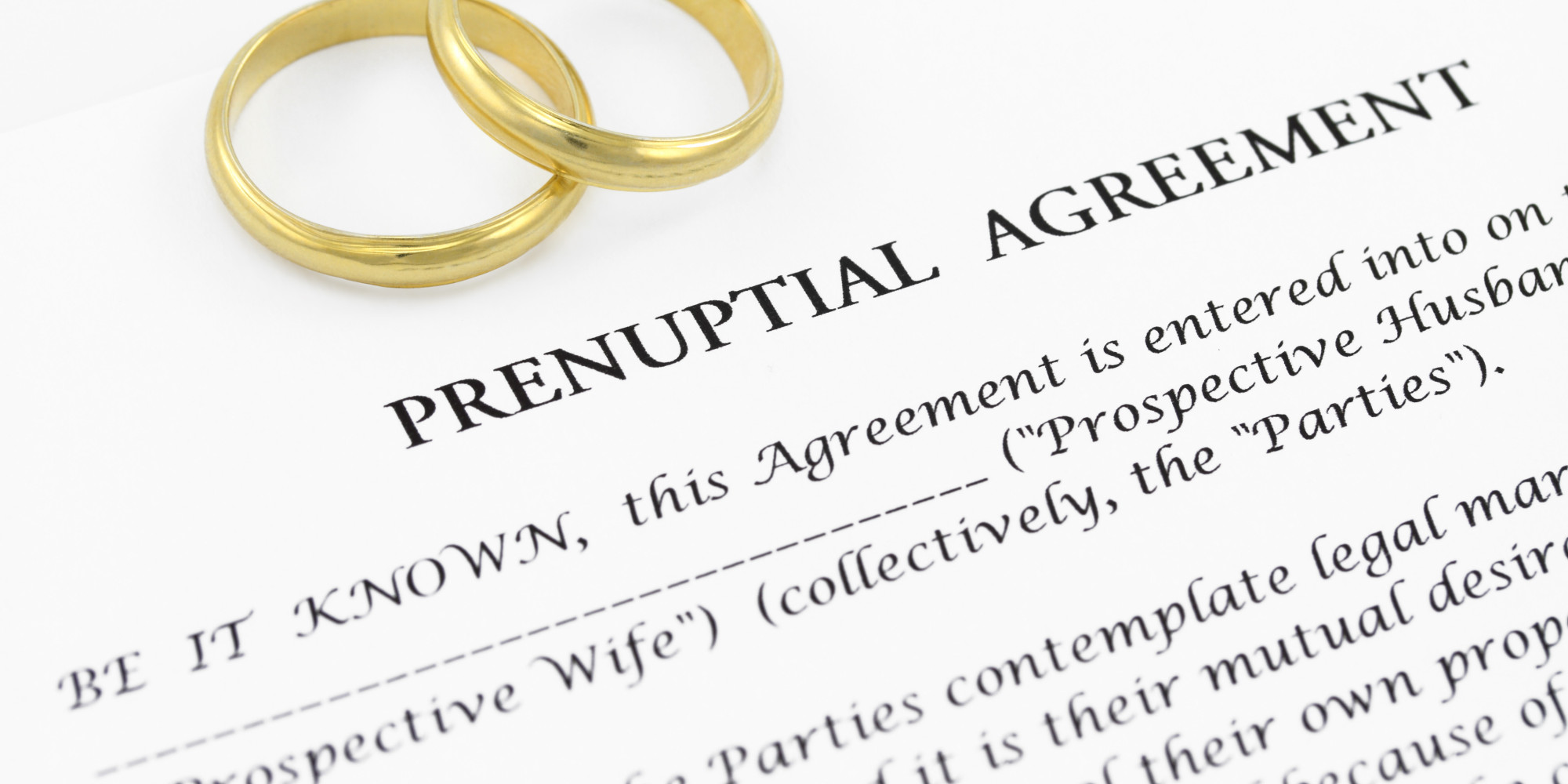By Karolina Dehnhard, Esq. & David Tawil, Esq.
Spring brings about beautiful changes: Sprouting bulbs, budding trees and, of course, the eve of wedding season. As the weather warms and homes get bought and sold, engagements cards with the accustomed “Save the Date” start flooding in and thus, new partnerships begin. But as couples make their plans—choosing venues, color schemes and florists—a choice and discussion that needs to be held is that of the prenuptial agreement.
Though they were seldom utilized until recently—as couples get married later and later in life, after building careers, amassing assets and owning homes—prenuptial agreements are becoming more prevalent than ever. Couples are more cognizant of the fact that marriage is not always necessarily “forever” and want to take the steps to protect themselves. They want to establish the ground rules of how finances will be dealt with during the marriage, and even to delineate their responsibilities in the event of a divorce.
Once frowned upon, legislatures and courts look to hold prenuptial agreements as valid and enforceable, so long as they have been entered into in a manner consistent with the statutory criteria. In general, an agreement will be held valid if both sides have made full disclosures about their assets/liabilities and income, they have had their agreement reviewed by independent attorneys of their own choosing, and the agreement is prepared and entered into far enough in advance of the actual wedding that it does not appear to be entered into “under duress.” The agreement, once entered into, cannot be unconscionable.
In 2013, the New Jersey State Legislature substantially revamped the applicable statutes governing prenuptial agreements. As part of the revisions to the statute, judges now need to evaluate prenuptial agreements as of the date of the signing of the prenuptial agreement, and no longer as of the date on which enforcement of the prenuptial agreement is sought (which can be years and years after the prenuptial agreement is signed) as was previously the case.
This change in the law was designed to ensure meaningful and enforceable contracts and reduce litigation on the enforceability of prenuptial agreements. Other changes, such as deleting the previously delineated definition of “unconscionability” were also made.
As can be imagined, the significant shift from looking at the fairness of agreements then to looking at them now makes it easier for courts to uphold the fairness of agreements. Prenuptial agreements can be, and are, looked at completely differently by men and women, supporting or supported by spouses. No longer will the courts consider the substantial changes in the parties’ lives: the number of children that they have raised, the job opportunities that you may have given up and the reliance from one spouse or the other in determining the fairness of agreement. If a person became stricken with a debilitating illness, such as MS*, that would no longer have an effect. Instead, it is based upon what was in existence at the time that it was signed.
Obviously, the view on the change to the Prenuptial Agreement Act, which was promoted by numerous men’s groups, was seen with two different sets of eyes. These groups applauded the change, as they’re individuals who are coming into marriages with more assets than their soon to be spouse. Overall, since the change in the UPAA, we are seeing many more men looking to enter into premarital agreements prior to getting married. This is in part due to the fact that they want to protect what they have already amassed, and further, they are already aware that with the change in the law, the matter of fairness is gauged on the parties’ circumstances as they presently exist, rather than as they may be at some unknown point in the future.
 However, at the Law Firm of Budd Larner, many of our female clients are coming to us, after being presented with a draft agreement that they are concerned may not protect them through the vagaries of life together. As a result, we, as legal counsel, have to be not only more creative, but more vigilant, to protect these women who are entering into these agreements based on the present, but with an eye to the future. On the other side of the coin, there are also an influx of powerful women insisting that their assets be protected prior to getting married by way of prenuptial agreements. And thus, understanding the changes to the legislature is one of the many primary focuses of the Divorce Dynasty.
However, at the Law Firm of Budd Larner, many of our female clients are coming to us, after being presented with a draft agreement that they are concerned may not protect them through the vagaries of life together. As a result, we, as legal counsel, have to be not only more creative, but more vigilant, to protect these women who are entering into these agreements based on the present, but with an eye to the future. On the other side of the coin, there are also an influx of powerful women insisting that their assets be protected prior to getting married by way of prenuptial agreements. And thus, understanding the changes to the legislature is one of the many primary focuses of the Divorce Dynasty.
Now, more than ever, careful drafting of all of the applicable considerations pertaining to the entry of prenuptial agreements need to be evaluated. Consultation with competent counsel is of paramount importance.
*Karolina Dehnhard has long been a champion of charities associated with fighting Multiple Sclerosis, including as Chair of the Women On The Move annual Luncheon and the 2018 Honoree.
The post Understanding New Jersey Prenuptial Agreements appeared first on VUE magazine.
